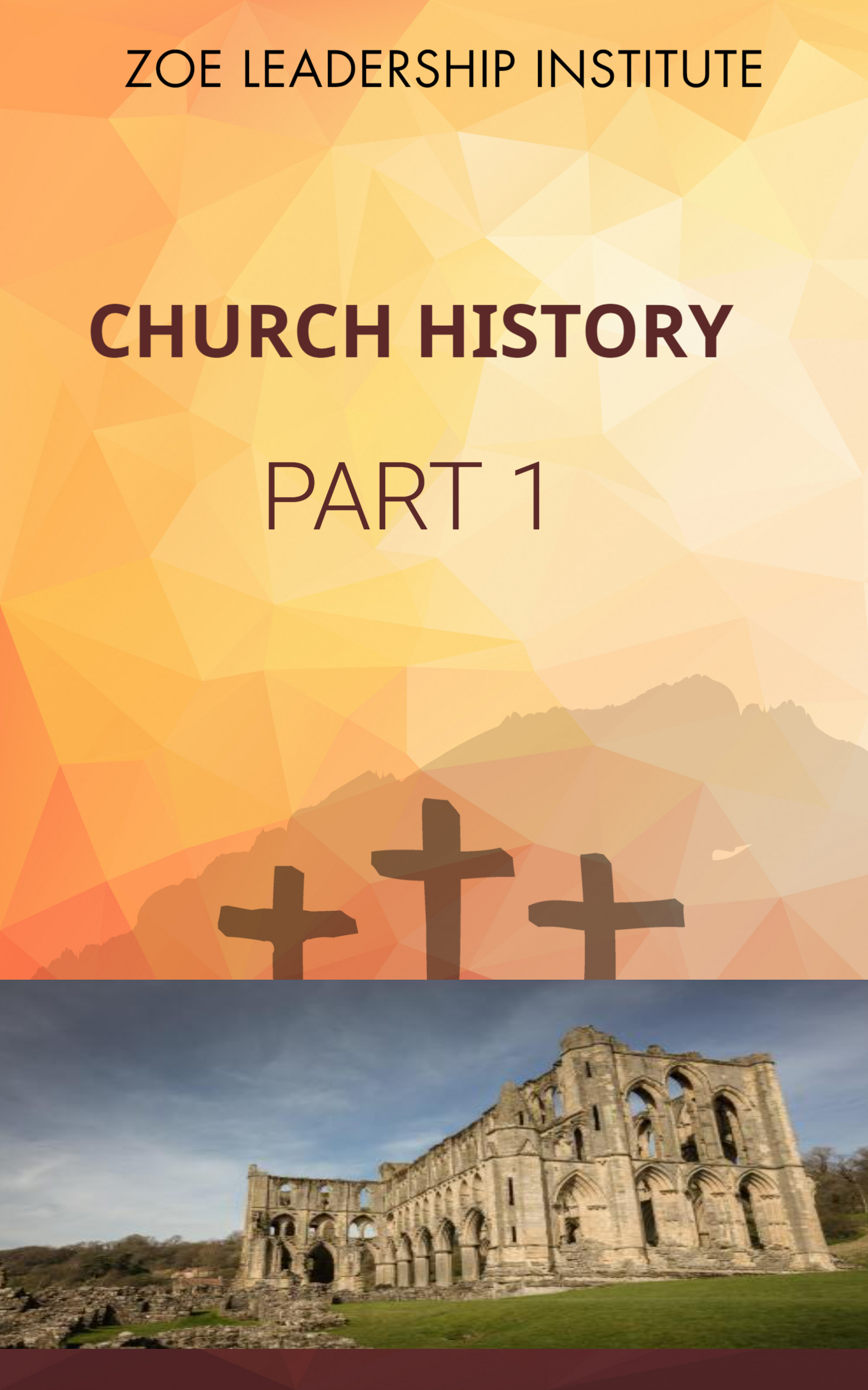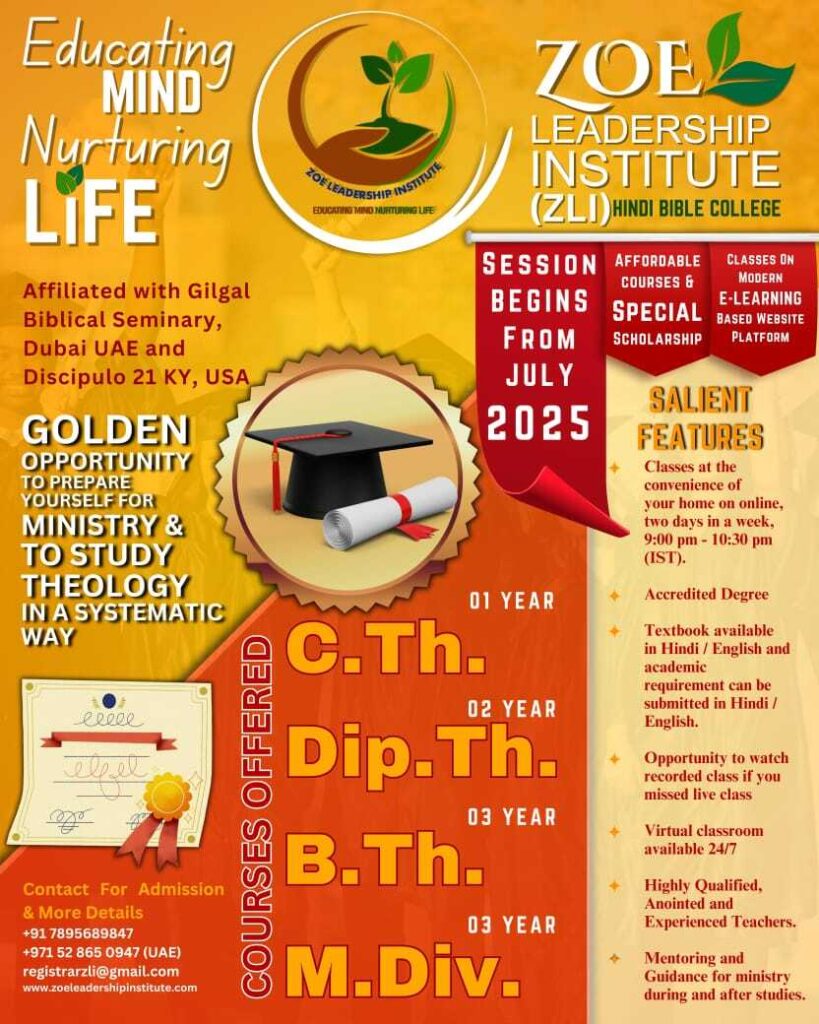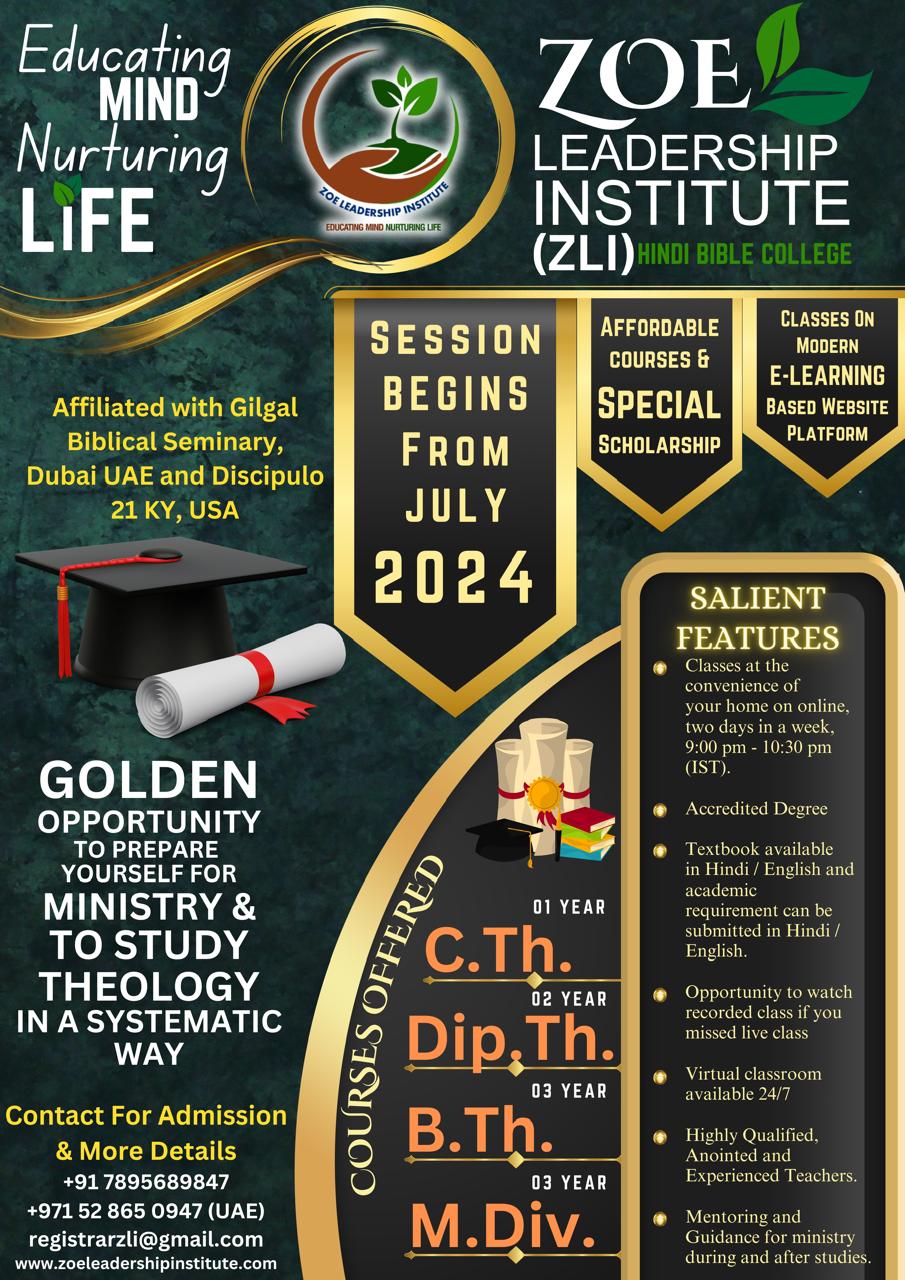
About Course
The course will trace the social, cultural, political, spiritual, and theological history of the Christian Church from its apostolic beginnings to the early sixteenth century, just before Luther sets in motion the events that led to the various ecclesial reformations of that century. The
the material will be addressed largely through lectures, class discussion, and assigned reading.
Upon successful completion of this course, a student should be able to:
• Demonstrate an understanding of the origin, expansion, and development of the Christian Church; its doctrines and conflicts; and its relationship to the wider world from its origins to the early 16th century;
• Identify and explain the significance of key historical figures in church history (lay and ordained leaders, emperors and monarchs, theologians, etc.);
• Explain the origin and impact of the principal heresies and heretical movements condemned by the Church;
• Identify the conditions and problems in the Church that led to the reformations of the 16th century;
• Draw connections between selected aspects of church history (such as forms of catechesis, piety, and devotion; anti-Semitism; the Crusades) and contemporary practices and issues;
• Understand the difference between and interrelationship of church history and theology;
• Demonstrate an ability to read, interpret, and assess historical documents and sources;
• Articulate the relevance of the historical study to contemporary issues.
Course Content
Assignment
-
Assignments



 There’s no enrollment open at the moment for this program
There’s no enrollment open at the moment for this program